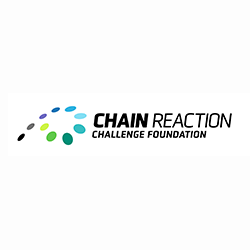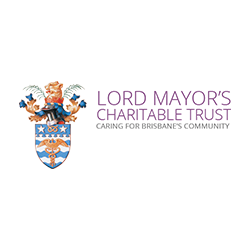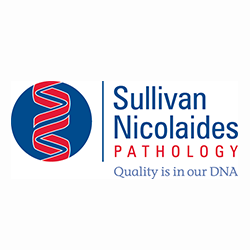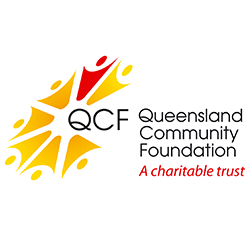
Previously, we explained why research in Autism Spectrum Disorder (ASD) is important. This blog will focus on how we should use and analyse research. We will do this by exploring some of the commonly used terms in research.
Many of you may have come across the term evidence-based. This may refer to an intervention or program (e.g., Is AEIOU’s program evidence-based?), a clinical practice (e.g., Is your practitioner applying evidence-based therapy?), or an assessment tool (e.g., Was your child assessed with an evidence-based assessment?).
Put simply, evidence-based means service delivery that is research driven. It means enough research has been conducted and published in academic journals to indicate a specific intervention, assessment tool or program has positive outcomes that justify its use.
When conducting evidence-based practices, practitioners and service providers often collect data to determine whether a specific practice or program is effective and beneficial for a specific client. The process of systematically collecting, monitoring and analysing data about a program’s effectiveness is referred to as program evaluation.
Another important thing to know about research is that the scientific way of evaluating effectiveness of interventions is quite different to the way we usually look at our children and their progress, at home, at the centres or even in the clinic. At an individual level, any gain, even the slightest, is a meaningful achievement to celebrate. However, in research, differences are measured at a group level, and the term statistical significance defines whether something can be considered a valid and meaningful result.
Let’s say we were reading the results of a study conducted to test the usefulness of a new intervention, aimed at reducing challenging behaviours in children with ASD. If this study were to show a 50% reduction in challenging behaviours of five children with ASD, would you trust this result? How about if the study reported a 2% reduction of these behaviours, using a sample of 100 children? Hard to judge, isn’t it? When measuring behaviours, symptoms etc., differences will always occur as a result of chance. So, in research, a statistically significant outcome means that we are sufficiently confident the differences are not due to chance. AEIOU draws from established evidence-based strategies (Wong et al., 2013) to inform the use of specific practices in the AEIOU curriculum.
This is just a small taste of what we keep in mind when designing and analysing studies of intervention programs for children with ASD. We hope this gives you some insight as to the meaning of some commonly used terms in research.
AEIOU is currently involved with a number of exciting research projects and encourage families to be involved.
If you have any questions, or would like to know how to become involved in our research projects, please contact the AEIOU Research and Assessment team on (07) 3212 1106 or email Madonna.tucker@aeiou.org.au
Wong, C., Odom, S. L., Hume, K. Cox, A. W., Fettig, A., Kucharczyk, S., … Schultz, T. R. (2013). Evidence-based practices for children, youth, and young ddults with Autism Spectrum Disorder. Chapel Hill: The University of North Carolina, Frank Porter Graham Child Development Institute, Autism Evidence-Based Practice Review Group. Available online at: http://autismpdc.fpg.unc.edu/sites/autismpdc.fpg.unc.edu/files/2014-EBP-Report.pdf
Tags: Evidence-based, Autism, ASD, Research, Program Evaluation, Challenging Behaviours, AEIOU


































